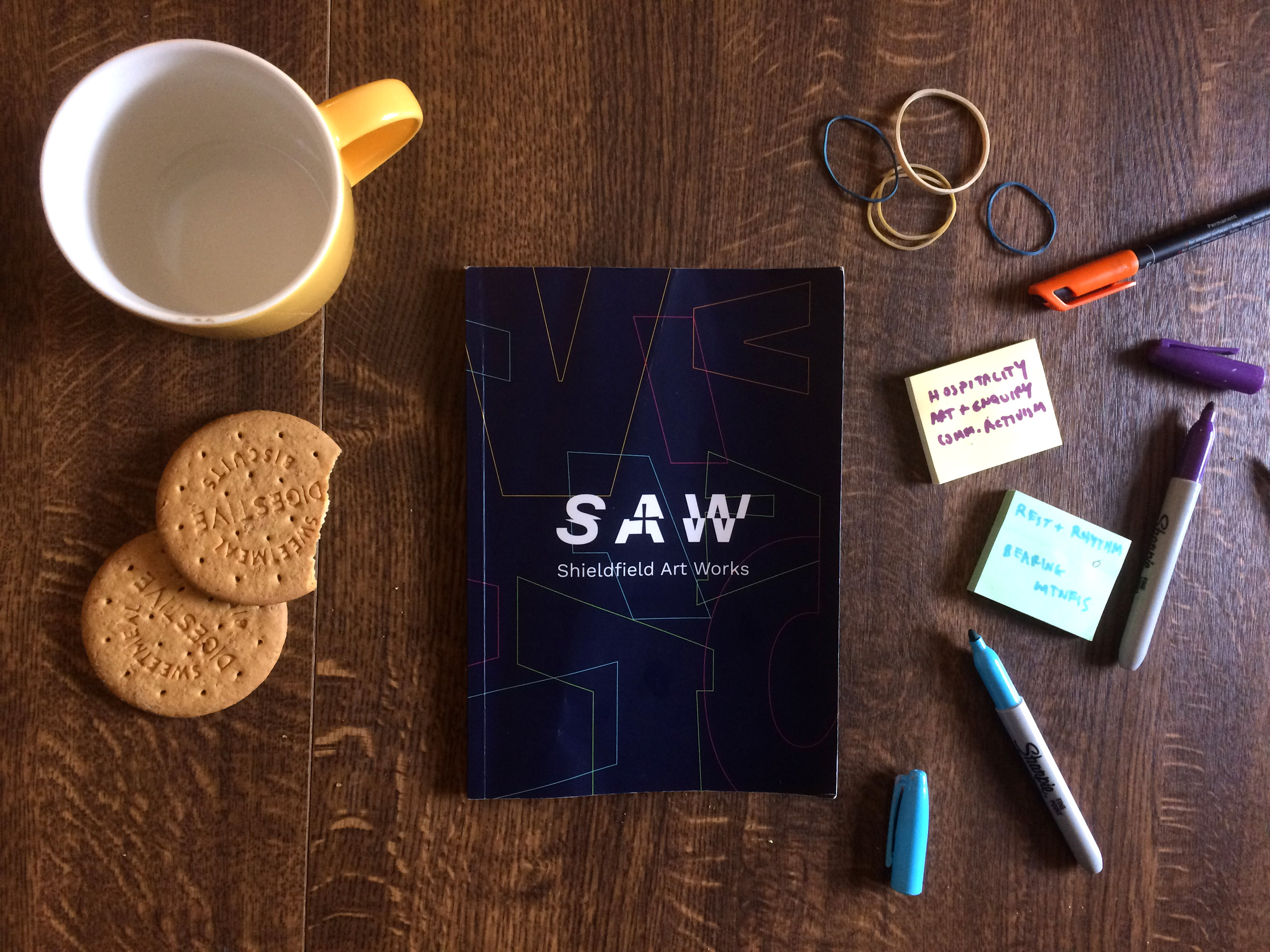In 2019 SAW released a publication. The publication was the outcome of many months of self reflection and careful consideration, within it’s pages we sought to explore and explain what SAW is, what it has been, and what it aims to be as an organisation. There are several essays within it that explore different aspects of our thinking and practise- here is one of them.
The idea of ‘exploring faith’ might sound like a daunting task to either continue or begin. There seems to be so many things to consider, and the church (either as an institution or as a group of people with faith) look like a messy bunch.
It can sound messy too – with some people’s faith ‘journeys’ experienced like a maze that they have found themselves in, having entered into some time ago and having gone too far in to be able to simply step out of again. Like all good topics, Christian theology and practice has lots of different rabbit warrens to delve into. Some of the warrens are really interesting, and some of them can leave their explorers feeling lost or in want of light and air. But an exploration of Christian faith can and should be focused on something simple: what do you think of Jesus – who was/is he? This question is more than a starting point, it’s the end and the middle point, a question to keep coming back to, like coming back to the surface of the rabbit warrens for light and air.
The act of meeting together to discuss faith should act as a time of re-surfacing or refreshment, to consider who Jesus is together and see how the rough and tumble of life (plus other questions) can be made sense of with this in mind. As a part of the Methodist Church, SAW has a heritage of challenging the status quo of existing church practices as well as centuries of tradition to tap into. Methods already established in the church might be helpful for our aim of exploring the Christian faith, but we also know that the church is not God and has flaws like all human endeavours and institutions. Long-held traditions should be re-evaluated and critiqued, not kept to without consideration; however we also expect that tradition can be the manifestation of wisdom built on years of experience, so stands a chance of providing good ideas for ways of doing things.
The community where we explore faith should be open to all; this doesn’t mean that people in the community should only share ideas that anyone else can agree to. Instead, being open to all means operating in a way which allows for everyone to feel accepted and welcome, and a good welcome is one where we graciously make our own position accessible and known, open for examination.
Lorna Bryan




